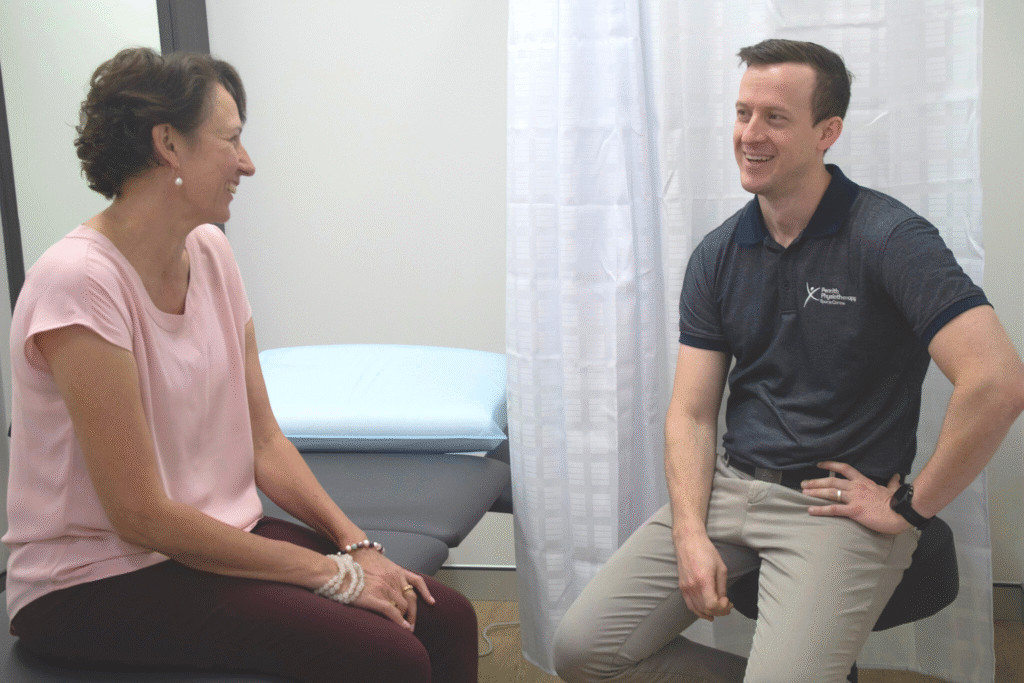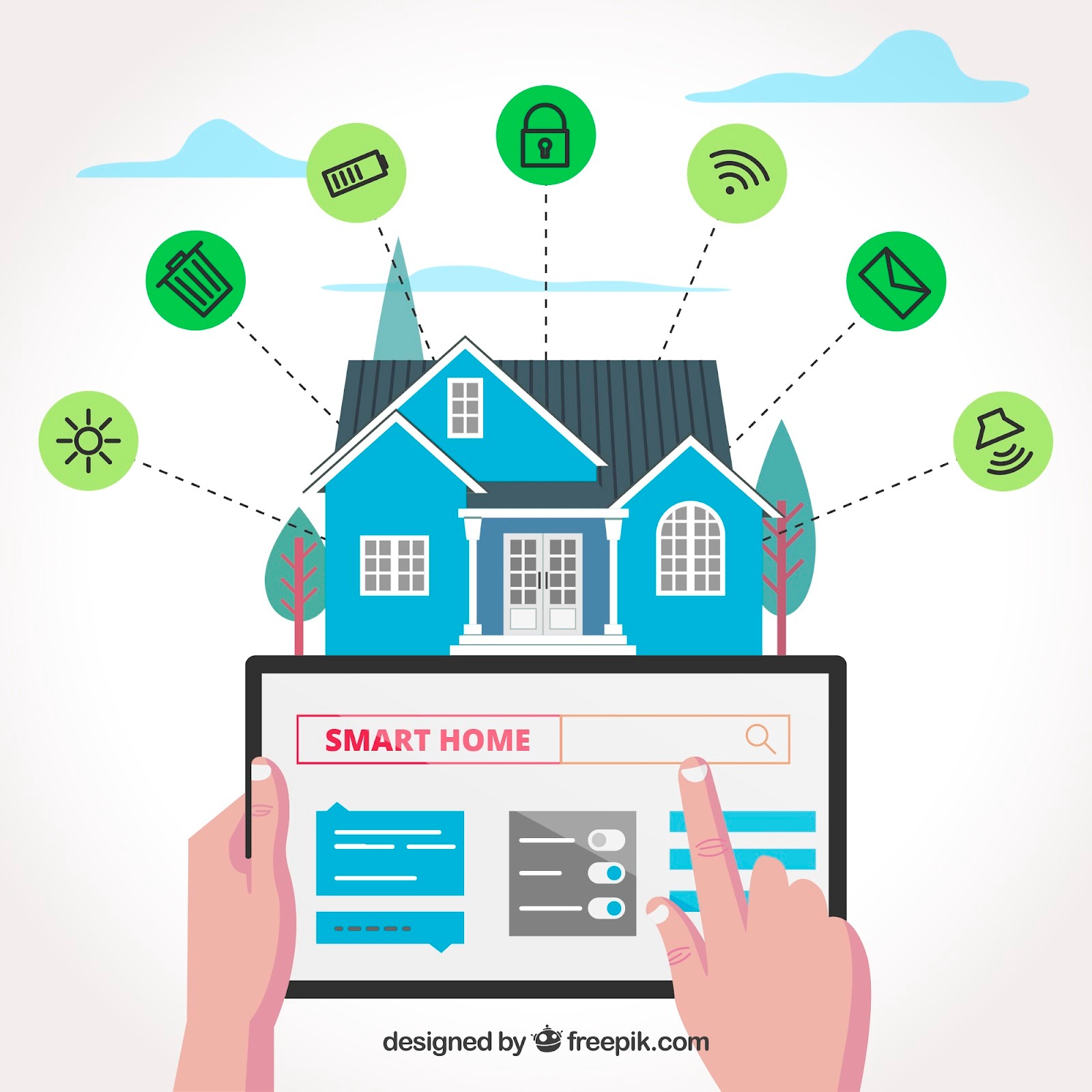Mental health treatment isn’t a straight path. Every patient’s journey looks different. Some improve quickly. Others take more time. That’s why tracking progress matters. You can’t rely on memory or scattered notes. You require a system that centralises everything. This is where a Mental Health CRM makes a big difference.
A Mental Health CRM helps therapists, counselors and clinics stay organized. It allows them to follow a patient’s progress clearly. You don’t have to dig through files or switch between tools. Everything you need shows up on your screen: appointments, session notes, goals, feedback and more.
With over 1 in 5 U.S. adults experiencing mental illness each year, the demand for personalized tracking tools has increased
Why Tracking Progress Is Key
You may notice changes in your patient but it’s hard to measure growth without proper records. Maybe they’re attending more sessions. Maybe their anxiety has dropped. You won’t know for sure unless you track it. A Mental Health CRM does that for you. It gives you access to every step in the patient’s care plan.
When progress is tracked well, you can adjust treatments faster. Additionally, you can demonstrate to patients their progress. That alone can boost motivation. When they see results, they feel more hopeful. And when patients feel hopeful, they’re more likely to stick with therapy.
What You Can Track with a CRM
A good CRM covers more than just appointments. It lets you track session notes, goals, medication changes and patient feedback. Some platforms also offer tools to rate mood, sleep and behavior. You can even add questionnaires to measure symptoms.
This data builds a story. Patterns that aren’t immediately apparent can be identified. Maybe a patient feels worse after group sessions. Maybe their anxiety improves after journaling. These patterns assist you in making wiser choices.
A Mental Health CRM also helps you avoid mistakes. You won’t forget to follow up or miss a warning sign. Alerts and reminders can keep you on track. These small things can have a big impact on patient safety.
Better Communication, Better Care
Progress tracking isn’t just for therapists. It helps the whole care team. Everyone can see what’s happening. If a psychiatrist, case manager and therapist use the same CRM, care becomes smoother. Asking for updates or repeating questions is a waste of time.
A Mental Health CRM makes it easier to explain progress to family members too. With the right permissions, you can show how a patient is doing. Families often feel confused or out of the loop. Giving them simple updates can ease that stress.
For patients who switch therapists, this system becomes even more helpful. The new provider won’t need to start from zero. They can review the full history and pick up where things left off. This saves time and avoids repetition in sessions.
Making Goals Clear and Measurable
A vague goal like “feel better” doesn’t help anyone. A Mental Health CRM lets you set specific goals like “reduce panic attacks from five to two per week.” When goals are clear, progress becomes measurable.
You can mark goals as complete, in progress or not started. You can even break them into small steps. Each completed step boosts confidence. Patients feel like they’re moving forward, even on tough days.
Tracking goals also helps you catch when therapy stalls. If nothing changes after months, it’s time to adjust. Without tracking, you might not notice the lack of progress soon enough.
Reducing Burnout for Providers
Mental health professionals carry a heavy load. They juggle sessions, notes, treatment plans and paperwork. Without a proper system, burnout happens fast. A CRM lightens that load. It automates tasks, organizes data and saves time.
When your workflow runs smoothly, you can focus more on your patients.You spend more time connecting and less time browsing around. That’s where real change happens.
Additionally, your task feels more fulfilling when you can see progress. You see how your support is making a difference. That’s the kind of motivation therapists need to keep going.
Supporting Remote and In-Person Care
CRM software works for both remote and in-person care. With telehealth becoming more common, this is important. A cloud-based CRM lets you check notes, update goals and track symptoms from anywhere.
Patients can also update some information on their own. They can fill out mood surveys or rate their progress between sessions. This makes the care process more active and balanced. It gives patients a sense of control.
Plus, remote access helps in emergencies. If a patient needs support outside session time, you have their records on hand. You are able to react more quickly and efficiently.
Choosing the Right Mental Health CRM
Not all CRMs are created equal. Look for one that fits your clinic’s size and workflow. It should be easy to use, not something that adds more stress. The best systems are simple but powerful. They offer features you’ll actually use without unnecessary extras.
Make sure the CRM you choose follows privacy laws like HIPAA. Patient information must stay secure. Also, check for customer support. When something goes wrong, you want assistance quickly.
Final Thoughts
Tracking patient progress is a big part of mental health care. It helps patients see growth, keeps teams connected and improves outcomes. A Mental Health CRM turns a messy process into a manageable one. It gives your current work structure.
Therapists don’t need more stress. They need tools that work. With the right CRM, you get more than organization; you get clarity, connection and better care for every patient.




